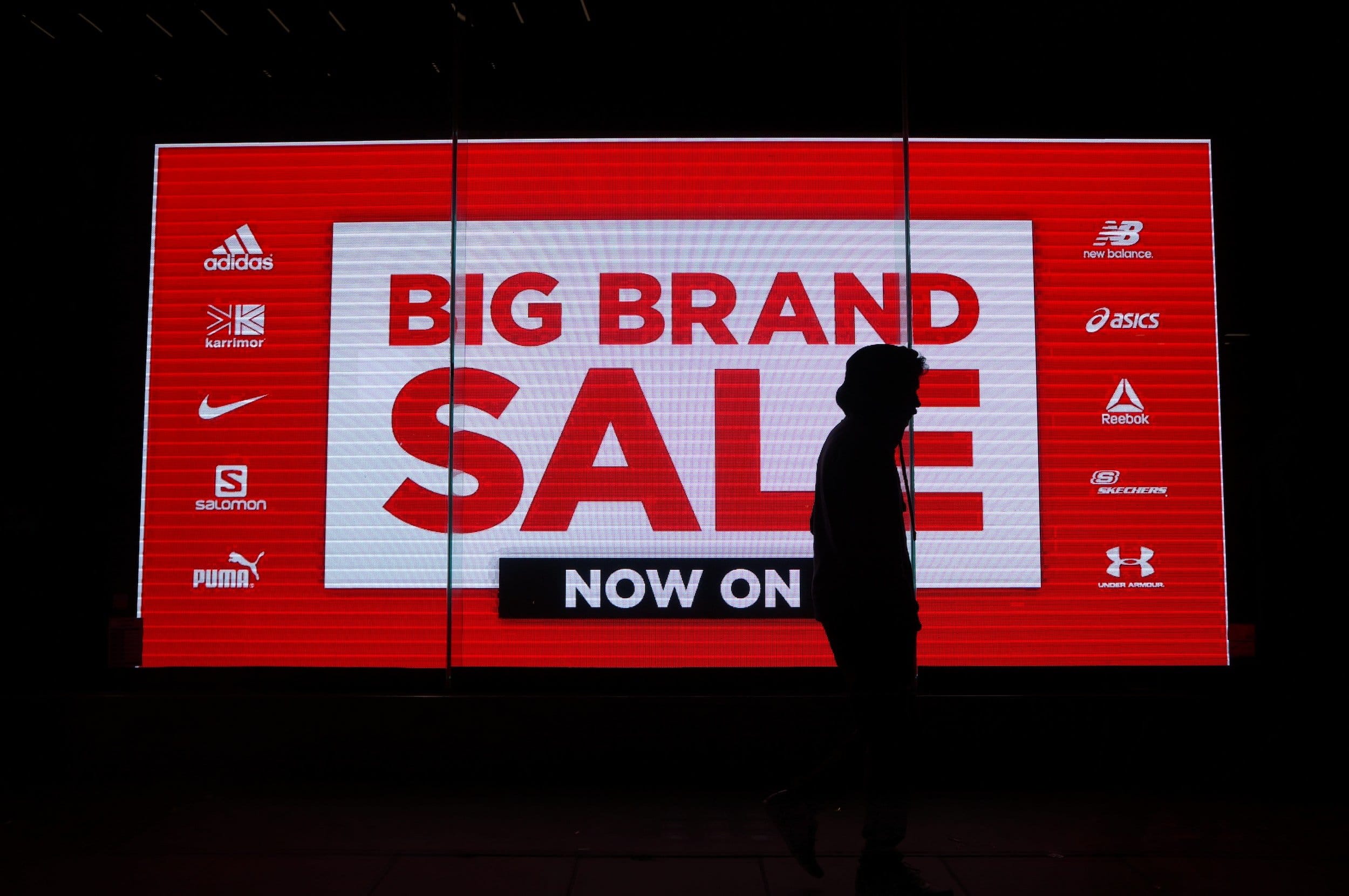Black Friday and Cyber Monday are the biggest days of the year for ecommerce businesses and they are a huge opportunity to drive online sales. If you’re planning an online digital marketing campaign for Black Friday, I have a few tips to help you get ready.
Test creative
-
Test different images.
-
Test different headlines.
-
Test different body copy.
-
Test different calls to action.
-
Test different landing pages.
Write your copy
When writing copy for your digital campaign, remember that you’re writing to an audience.
-
Keep the language natural and conversational. This is not a scientific report—no one wants to read something that sounds like it was written by a robot.
-
Break up paragraphs into sentences of three or four words at most, so that people can easily scan your content and get the gist of what you’re saying quickly.
-
Use numbers and statistics as often as possible; they make everything sound more authoritative!
-
Use bullet points whenever possible—they make long lists easier to digest.

Review your post-click landing pages
Now that you have a better understanding of how to create compelling content, it’s time to take a look at some of your landing pages.
If you’re using Google Analytics, head to Acquisition > All Traffic > Channels > Referrals. You can see which pages people are clicking on and then landing on (this is called a “post-click” page).
Here are some quick checks that will help you determine whether or not these pages are ready for prime time:
-
Check for broken links. Has anyone found an error message after clicking one of your links? If so, fix it! Also make sure there are no typos in any of the text links on those pages (e.g., “click here”). These errors can really hurt user experience and cause people not to trust your brand as much as they otherwise would have if it weren’t for those mistakes.
-
Check for missing images or videos in calls-to-action (CTAs). You want customers who click through from Facebook ads or Google Ads to know exactly what they’ll be getting when they land on this page—and nothing says “we’re trustworthy” like having all assets accounted for!
Audience segmentation
One of the most important parts of your campaign strategy is to segment your audience. Segmentation is the process of dividing a group into groups based on common characteristics. By separating users into segments, you can target specific audiences with different messaging and see how they respond to it. You may find that some segments respond better than others, or that certain messages work better for one segment but not all of them!
Set up ecommerce tracking
To get the most out of your campaign, it’s important to set up ecommerce tracking in Google Analytics.
Ecommerce tracking can help you see which ads are driving sales, how much revenue your campaigns are generating and which keywords are contributing to those sales. You’ll know what drives the most revenue so that you can optimize your future campaigns accordingly.
The first thing you need to do is ensure that all of your landing pages have unique URLs: not just a different domain name but a URL specific to the page itself (i.e., example-site-name.com/product-page). If this isn’t possible due to limitations with CMS platforms or simply because there aren’t enough products for them all to merit their own landing pages then I recommend using 301 redirects (or 302 redirects) where possible as this will allow Google Analytics’ pageviews metric on individual product pages without forcing users away from those pages when they click through from an ad or social media post into another section of your site instead by keeping everything seamless while still setting up unique URLs within analytics accounts if needed later down line when adding more products and making changes like changing descriptions etcetera.”
Black Friday is one of the most important days of the year for ecommerce businesses
Black Friday is the biggest shopping day of the year, and it’s also one of the most important days for ecommerce businesses. Not only does it offer a very large audience to market to, but it is also an opportunity to make sales at high volumes. For digital marketing campaigns, this means that you need to make sure your campaign is prepared for Black Friday so that it can be successful and profitable.
In the past, Black Friday was a day that people would go out to the stores and buy items at prices that were lower than usual. Nowadays, most people shop online instead of going to brick-and-mortar stores. This means that ecommerce businesses have an opportunity to capitalize on this huge audience.
Conclusion
And there you go! It’s not an easy task to prepare for Black Friday, but it can be done. If you want to learn more about how we can help your company make the most of this opportunity and other marketing campaigns, get in touch with us ASAP.

